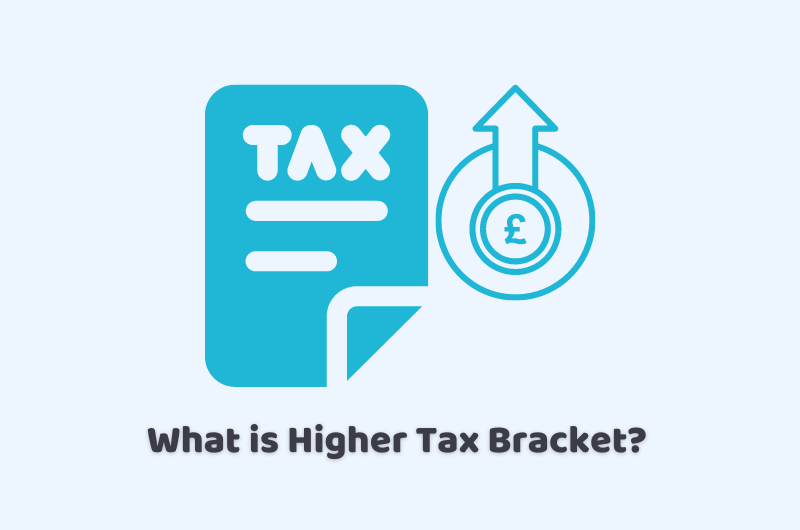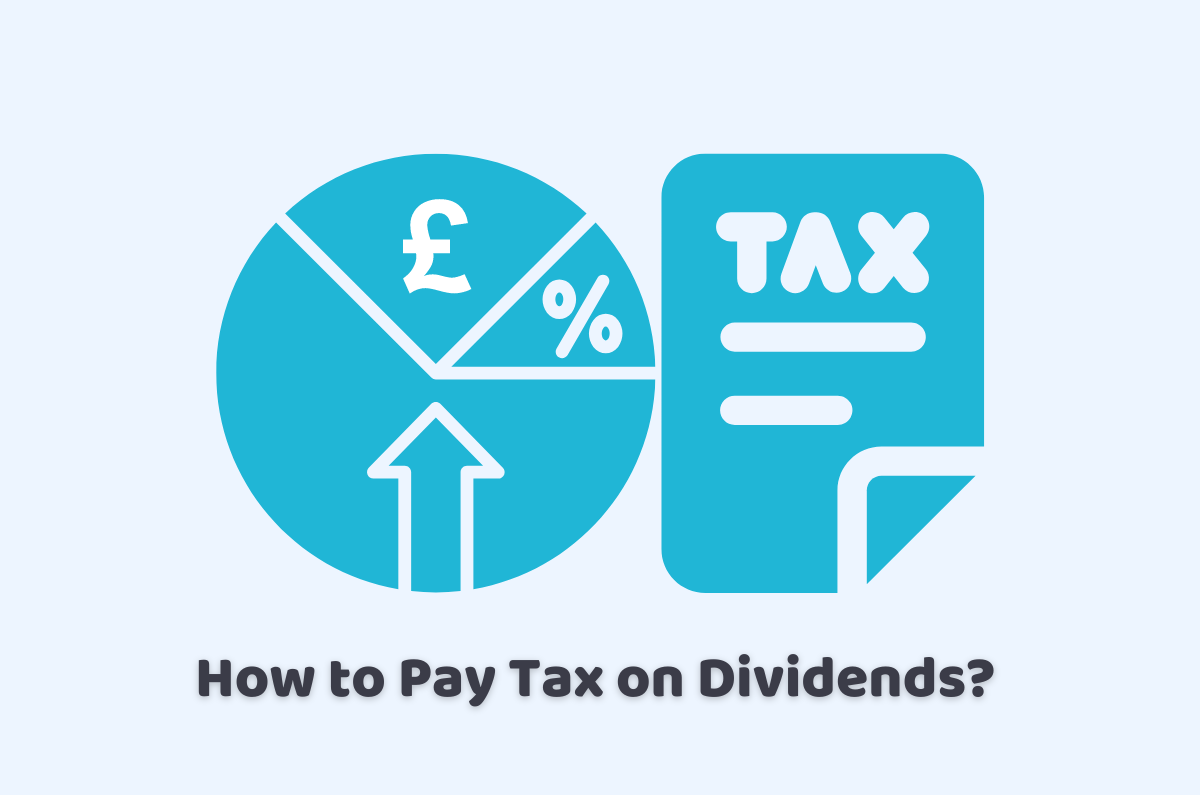
02/02/2024tax , Tax Issues , Tax News and Tips , Taxation
This discussion is based on what is a higher tax bracket. In the UK, individuals who earn more than a certain amount may fall under the higher tax bracket. This threshold differs between the personal income tax rate and the corporate income tax rate. This tax bracket is designed to tax those individuals who are considered to have a higher income, and the rates for this tax bracket tend to be higher than those for the other tax brackets.
In this discussion, we will explore the higher tax bracket in the UK and what it means for individuals who fall into this tax bracket. We will also discuss some of the methods that individuals can use to reduce their income tax liability in this tax bracket.
Reach out to one of our professionals to get to know about your tax brackets in the UK. Get in touch and you will be provided instant professional help!
What is a Higher Tax Bracket?
What is a higher tax bracket? In the UK, individuals are taxed on their income at different rates, depending on their income level. These taxes are known as UK tax brackets, and they are determined by the UK government. Each tax bracket corresponds to a certain income range, and individuals pay a certain percentage of their income in tax based on which tax bracket they fall under.
In the UK, tax brackets are organised into three distinct tiers: basic rate, higher rate and additional rate. The basic rate applies to income between £12,571 and £50,270, and individuals in this tax bracket pay 20% of their income in tax.
The higher rate bracket applies to income between £50,271 and £150,000, and individuals in this tax bracket pay 40% of their income in tax. Finally, the additional rate bracket applies to income over £150,000, and individuals in this tax bracket pay 45% of their income in tax.
It is important to note that the UK tax system is progressive, which means that individuals with higher incomes pay more in tax than those with lower incomes. The UK government provides a range of tax relief and allowances to help individuals reduce the amount of tax they pay, including personal savings allowances, pension contributions, and charity donations. It is recommended to seek the advice of a qualified tax professional before making any financial decisions.
How Much Do I Have to Earn to Pay 40% Income Tax?
In the UK, individuals who earn more than £50,270 are subject to a higher rate of tax, also known as the 40% tax bracket. The amount of income tax that is payable for each tax band depends on an individual’s overall income, including their salary and any other sources of income such as rental income and dividends.
The income tax rates for the financial year 2023/2024 are currently:
- £0-£12,570: 0%
- £12,571-£50,270: 20%
- £50,271-£150,000: 40%
- >£150,000: 45%
Therefore, to pay the full 40% rate, an individual must have an overall taxable income of £50,271 or above. However, it is worth noting that not all income is subject to income tax, and some deductions and allowances can reduce the amount of tax payable.
It is recommended to seek help from a tax professional if uncertain about your tax position, as they can provide you with personalised advice tailored to your specific circumstances.
Does the 40% Tax Band Change Every Tax Year?
The UK tax bands and rates are reviewed annually by the government, and they can change depending on a variety of factors such as inflation rates, economic performance, and government policy.
While the bands are set to remain the same for the 2023/2024 tax year, the personal allowance, a tax-free amount that everyone can claim each tax year, will increase to £12,570.
It is worth noting that the income tax rates and tax bands are subject to change every tax year, and it is important to stay informed about any changes that may impact your tax liabilities.
Can I Reduce my Higher-Rate Income Tax Bill?
Individuals who fall into the higher-rate income tax band may be able to reduce their tax liability through a few different methods. Some of these methods include:
1. Pension contributions: One of the most common ways to reduce your income tax bill is to make pension contributions. By saving into a pension scheme, you can reduce your taxable income, as pension payments are tax-free. Additionally, your employer may match your pension contributions up to a certain amount, further increasing the value of your pension.
2. Gift Aid: If you donate any portion of your income to charity, you can use the Gift Aid scheme to claim an additional 25% on your donation. This can reduce your income, on which you need to pay taxes.
3. Interest deductions: If you have any interest payments, including on loans, credit cards, or mortgages, you may be able to deduct these payments from your taxable income.
4. Charity donations: If you make a charitable donation, you may be able to claim tax relief on this donation. This can reduce your tax liability.
5. Medical expenses: If you have any medical expenses that are not covered by the NHS, you may be able to claim tax relief on these expenses.
6. Work expenses: If you have any work-related expenses, such as travel or parking costs, that your employer does not reimburse, you may be able to claim tax relief on these expenses.
It is important to note that each individual’s tax situation is unique, and the methods available to reduce your tax bill will depend on your specific circumstances. It is recommended to seek the advice of a tax professional to ensure that you are making the most out of the tax relief available to you.
The Bottom Line
In conclusion to what is a higher tax bracket, the UK has a progressive tax system that taxes individuals differently based on their income level. The higher rate income tax band applies to individuals who earn more than £50,270, and the tax rate for this band is currently 40%. Individuals can reduce their income tax bill by making pension contributions, charitable donations, and claiming deductions such as interest and medical expenses. However, it is essential to note that each individual’s tax situation is unique, so it is always best to seek the advice of a tax professional to ensure that you are making the most out of the tax relief available to you.
Disclaimer: The information about the higher tax bracket in the UK provided in this blog includes text and graphics of a general nature. It does not intend to disregard any of the professional advice.


